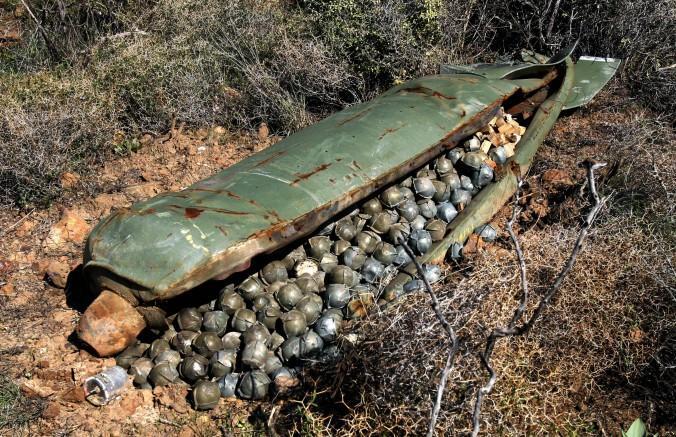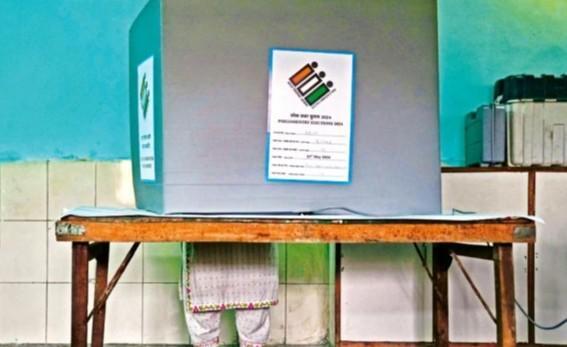
Israel Warns Public About Unexploded Bombs
On a recent night, the skies above Israel were filled with the sounds of sirens and the flashes of explosions as Iran launched a missile with a cluster bomb warhead, marking the first known use of such weapons in the conflict. The incident has left many residents of Israel on high alert, with authorities urging civilians to exercise extreme caution and avoid touching any fallen objects from the missile strike.
According to reports, the cluster bomb was fired from a drone launched by Iran and targeted the northern part of Israel. The missile, which is designed to release multiple submunitions, or smaller bombs, over a wide area, caused widespread panic and destruction. Emergency services were quickly on the scene, working to extinguish fires and rescue those affected by the attack.
In a statement, Israel’s Home Front Command urged civilians not to touch fallen objects from the missile strike due to the potential for unexploded submunitions. “Residents are requested not to touch any suspicious objects or remnants of the missile,” the statement read. “Instead, they should immediately report any findings to the emergency services.”
The warning comes as a stark reminder of the dangers posed by unexploded ordnance, which can remain hazardous for years after a conflict has ended. In this case, the submunitions released by the cluster bomb warhead may still be live, and could potentially detonate if disturbed or moved.
The use of cluster bombs is a controversial topic, with many human rights groups and organizations criticizing their use due to the harm they can cause to civilians. The weapons are designed to release multiple submunitions over a wide area, making it difficult to avoid injury or death. In addition, unexploded submunitions can remain on the battlefield for years after a conflict has ended, posing a continued threat to civilians.
In this case, the use of a cluster bomb warhead by Iran has sparked outrage and concern among many in Israel. The country has been on high alert since the beginning of the conflict, with residents bracing for potential attacks and authorities working to respond quickly and effectively to any incidents.
The incident is also a stark reminder of the escalating tensions between Israel and Iran, which have been ongoing for years. The two countries have been engaged in a shadow war, with each side launching attacks against the other and engaging in a propaganda war.
In recent months, tensions have escalated, with both sides accusing the other of aggression. Israel has launched multiple airstrikes against Iranian targets in Syria, while Iran has responded with its own attacks against Israeli targets.
The use of a cluster bomb warhead by Iran marks a new level of aggression in the conflict, and has sparked widespread concern and outrage. The incident serves as a reminder of the devastating consequences of war and the need for both sides to work towards a peaceful resolution.
As the situation continues to unfold, residents of Israel are urged to remain vigilant and follow the instructions of emergency services. The use of unexploded ordnance is a serious threat, and can have devastating consequences if not handled properly.
In the meantime, the international community is watching the situation closely, with many calling for restraint and a peaceful resolution to the conflict. The use of cluster bombs is a violation of international law, and any further use of such weapons could have severe consequences.
As the world watches the situation unfold, one thing is clear: the use of cluster bombs is a serious violation of human rights and international law, and any further use of such weapons could have devastating consequences.
Source:
https://thecsrjournal.in/what-cluster-bomb-missile-iran-fired-at-israel/






